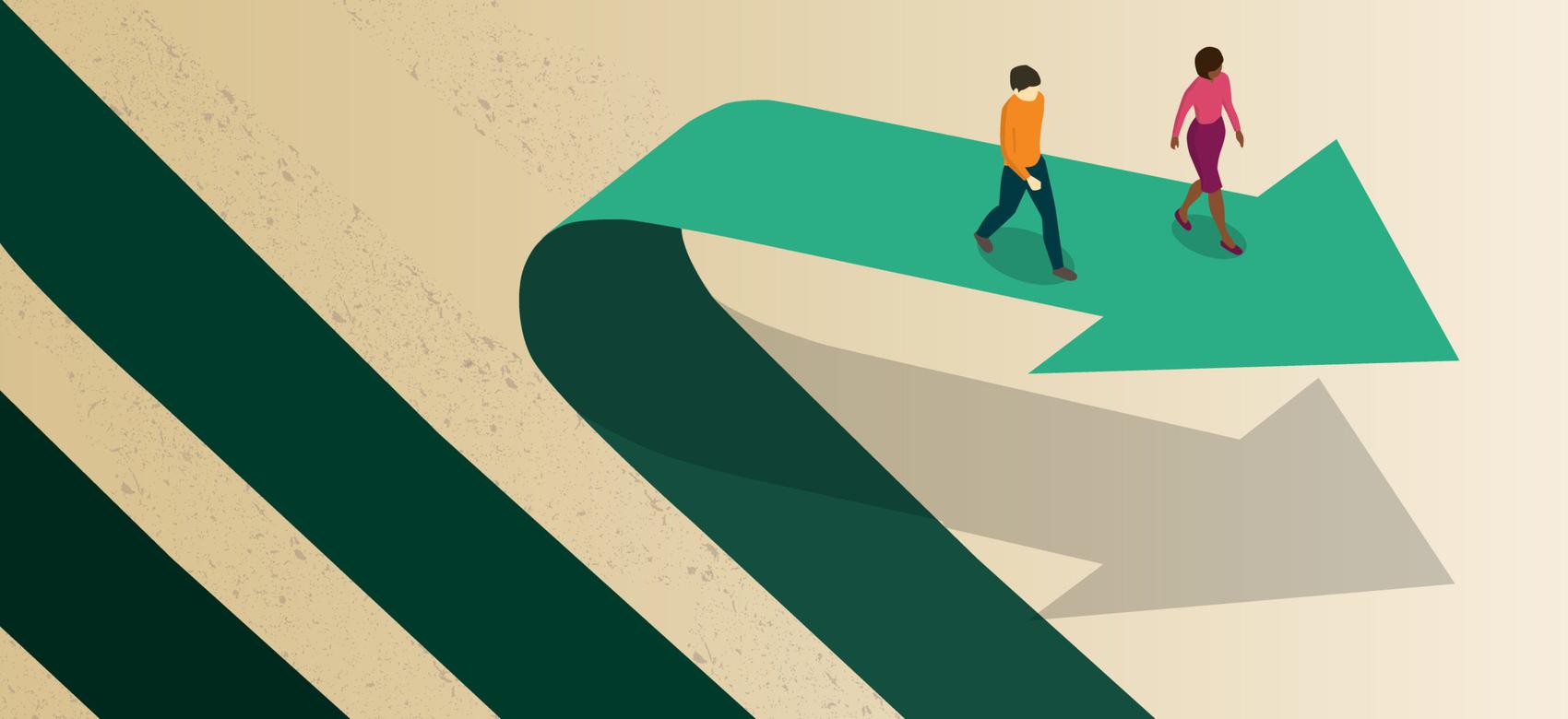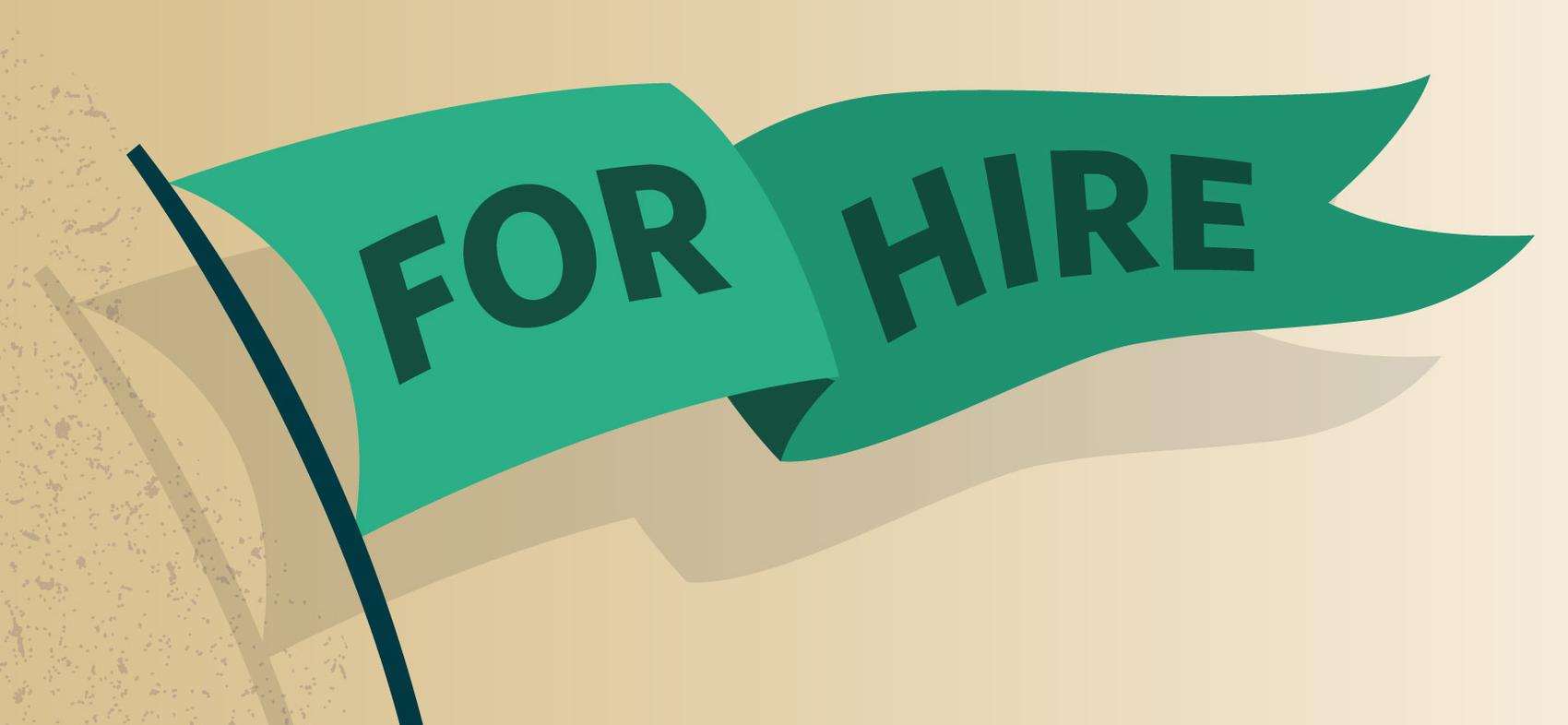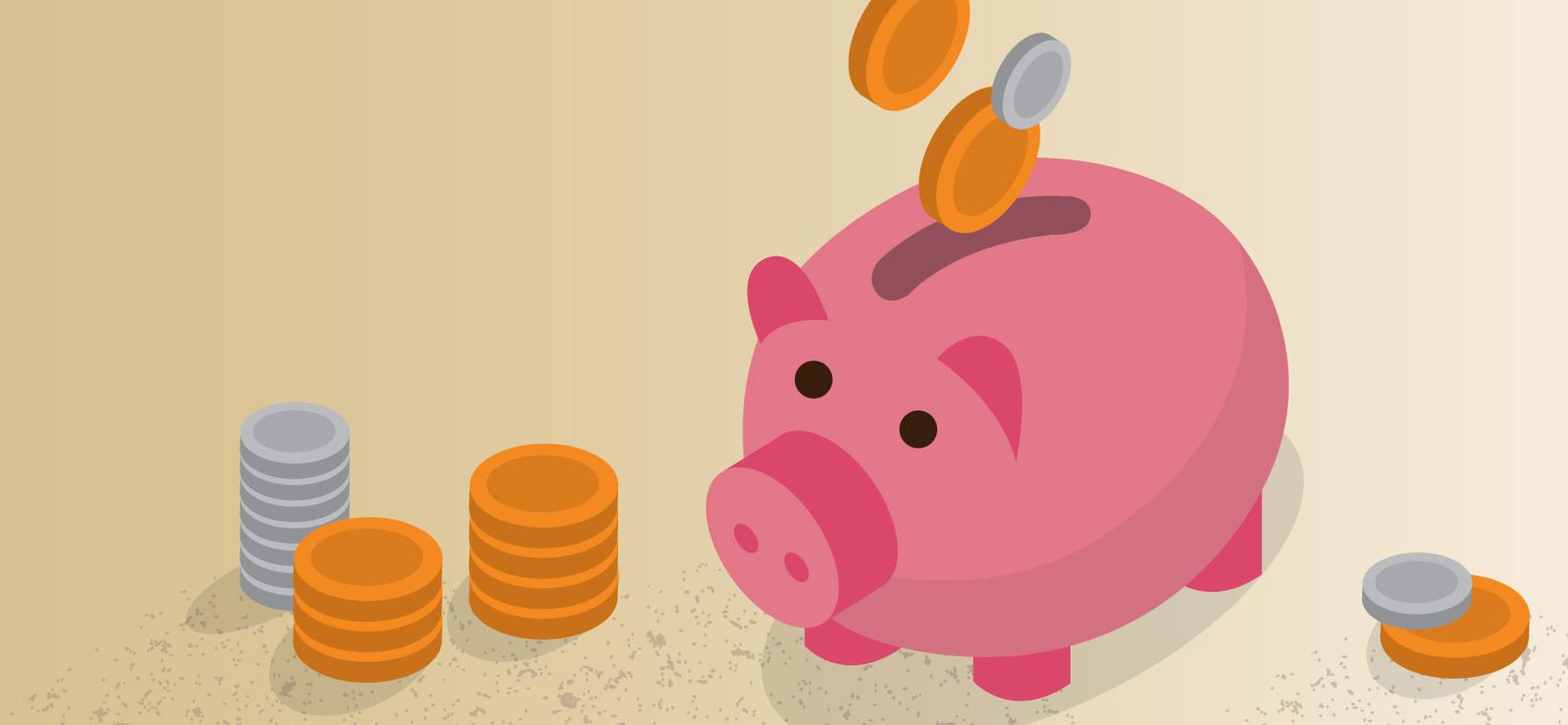Small change. Big difference. How to advance your career and financial life in 2021
By Carolyn Ali

Paying attention can lead to big payoffs
Chances are you’ve gone through career or financial challenges in 2020. Here’s hoping 2021 will be better—but if you’re short on energy to execute grand resolutions, you’re not alone.
What is one small change you can make that will have a big payoff in moving your life forward? We asked that question to a career expert at UBC Sauder School of Business and a personal finance expert at the Vancouver School of Economics. Here’s what they said.
Careers

Get clear on your values
To jumpstart your career, you don’t have to charge into the new year networking online.
In fact, quite the opposite.
“Think about your values. What are you doing when you feel engaged, energized and enjoying life?”
Iris cai, certified professional co-active coach
“Start with silence, with quieting your mind,” says Iris Cai, a certified professional co-active coach who works with MBA students at the UBC Sauder School of Business. “Think about your values. What is really important to you now? What are you doing when you feel engaged, energized and enjoying life?”
Whether you’re unemployed, self-employed or fortunate enough to have a job, this exercise will help focus your efforts.
If you have a job, reflect on what you did at work in the past year. “Ask yourself, ‘What are the things that energized me? Am I still deriving satisfaction from my work? What is something that is important to me that perhaps is not being fulfilled in this role?”
Define advancement
Once you’re clear on what you love doing (and what you don’t), you can be more intentional about how to move forward. “You’re no longer on autopilot,” Cai explains. “You have a bar to check in with. And once you know how to channel your focus, you’re more likely to advance.”
That’s because when you’re doing work that is aligned with your values, you bring more passion to those tasks and can make a bigger impact. You can better direct your learning, influence the projects you take on, or say no to optional tasks that don’t serve your goals.
Keep in mind that what it means to advance means different things to different people. For some, it’s about having more influence in a certain area, or empowering others. Or, it might mean having the ability to make processes more efficient. “When we know what is important to us, we are better at answering the question, ‘What does advancement really look like to us?’”

Pivot around your values
What about if you’re unemployed? Cai acknowledges that striving for employment that aligns with your values can seem like a luxury. But she says that identifying what is important to you will help make your application more effective in landing a job.
“What makes you a good fit for an organization largely depends on the value alignment,” she says. For example, if you’re applying for a job at an outdoor store, they might want a person who values an active outdoor lifestyle. “When you think about what is important to you, it’s so much easier to identify that story, that common connection between your mission and the organization’s mission.”
If it’s currently difficult to find jobs in your industry, Cai advises being open to reinventing yourself around what you value. For example, a person who loves working in the restaurant industry may value creating a sense of community, interacting with people, or the creativity of cooking. Once you’re clear on what really matters to you, you can look for that key element elsewhere.
Tell your story
Cai advises incorporating value stories into your job search everywhere from your cover letter to the interview. For example, Cai worked with a student who wanted to move from marketing into finance. The woman valued helping small artisans achieve success. She connected that value to commercial banking by telling a story of how she wants to give small-business owners loans so that they can succeed.
“It really just comes down to being authentic to who you are and what is important to you,” Cai explains. “That’s how you differentiate yourself from other candidates.”
Personal finance

Be mindful with your money
Just as getting clear on your values can help you advance in your career, paying more attention to where you spend money can help you improve your financial life.
Dr. Emrul Hasan, a lecturer at UBC’s Vancouver School of Economics who researches capital gains taxes and behavioral economics, says Canadians in general—and young people in particular—don’t save enough money for longer term goals like buying a home. Instead, their money goes towards instant gratification.
“It’s so easy to buy things,” he explains. “On Amazon, you just have to click one button and the product comes to your door the next day and sometimes even the same day.”
“Try to delay instant gratification for things that are unnecessary at this moment until you save up.”
Dr. Emrul Hasan, Vancouver School of Economics
But if you want to improve your overall financial situation, you need to be more mindful of non-essential purchases. “Try to delay instant gratification for things that are unnecessary at this moment until you save up.”
Of course, saving instead of spending is a basic financial concept. Yet Hasan says many people don’t learn basic financial literacy, including paying attention to their spending habits. “Look at where your money is going,” he advises. “Divide those things into necessary and unnecessary, and delay the unnecessary just a little bit longer.

For example, is a new car really necessary? Or could you make do with a less-expensive older model? Hasan urges people to think about how their spending affects their priorities down the road. A car payment of $300 a month could be put towards a mortgage payment instead, which would build equity and eliminate the need to pay rent. Shoring up your savings can prepare you to be more self-reliant if you encounter health issues or a job loss down the road.
He urges people to develop their financial literacy and learn how to effectively save money. If you’re doing so through a savings account that pays 0.25 per cent interest, for example, you’re actually losing money in real terms, after accounting for taxes and inflation. Hasan advises exploring alternatives like mutual funds and ETFs that are highly diversified and taking advantage of tax-free savings accounts and RRSPs. But educate yourself first, because others may not have your best interests at heart.
“Don’t let other people manage your money,” he says. “Take control of your own money.”
Carolyn Ali is a writer for UBC’s Brand and Marketing.
Feel free to republish the text of this article, but please follow our guidelines for attribution and seek any necessary permissions before doing so. Please note that images are not included in this blanket licence.


